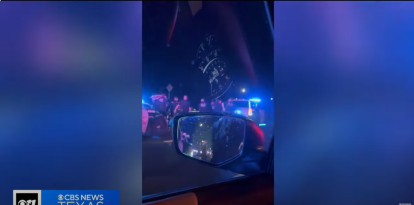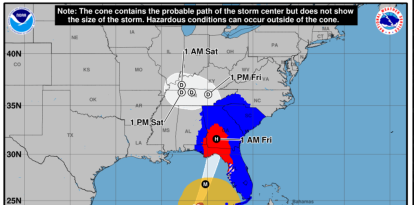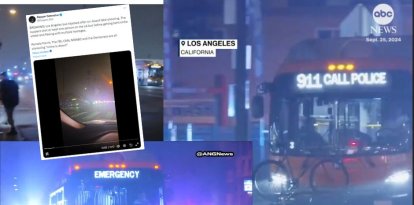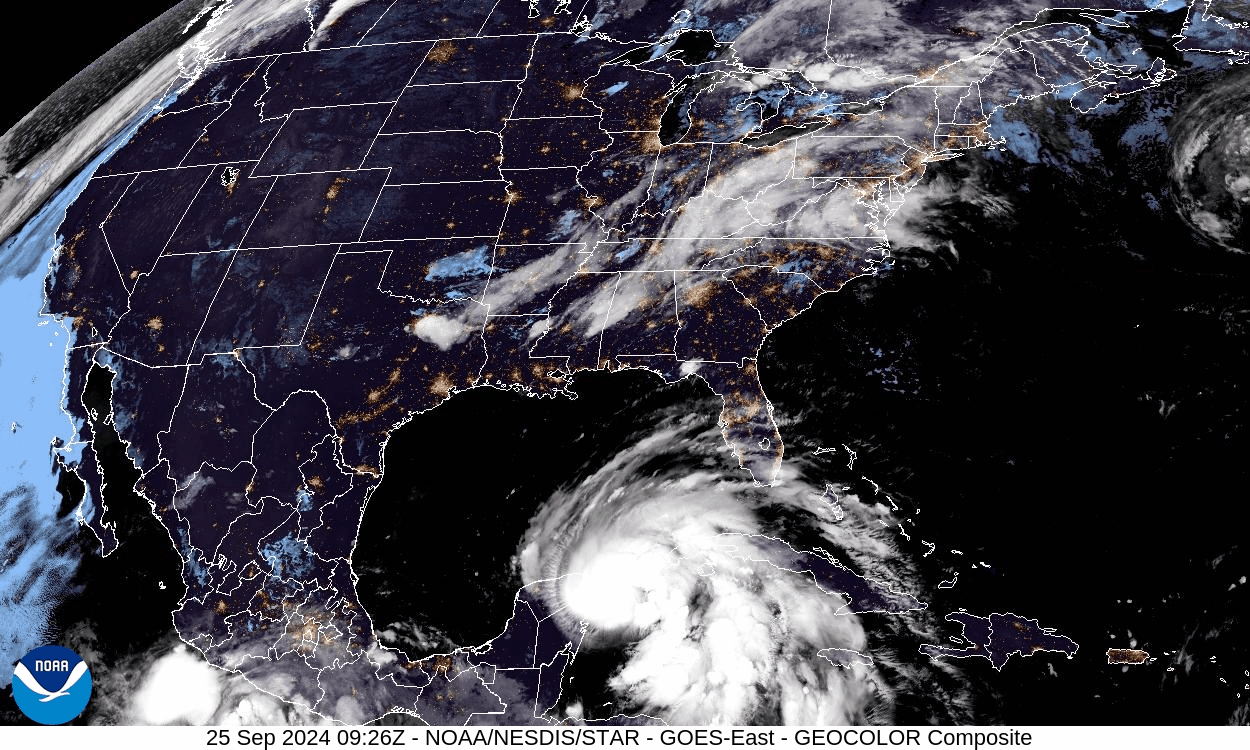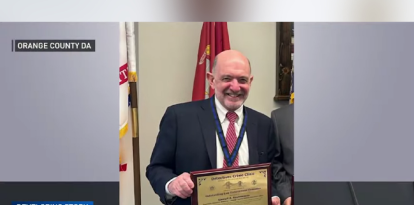TikTok presents a legal brief to challenge the platform's ban in the United States
The company revealed internal documents from years of failed negotiations with the federal government.
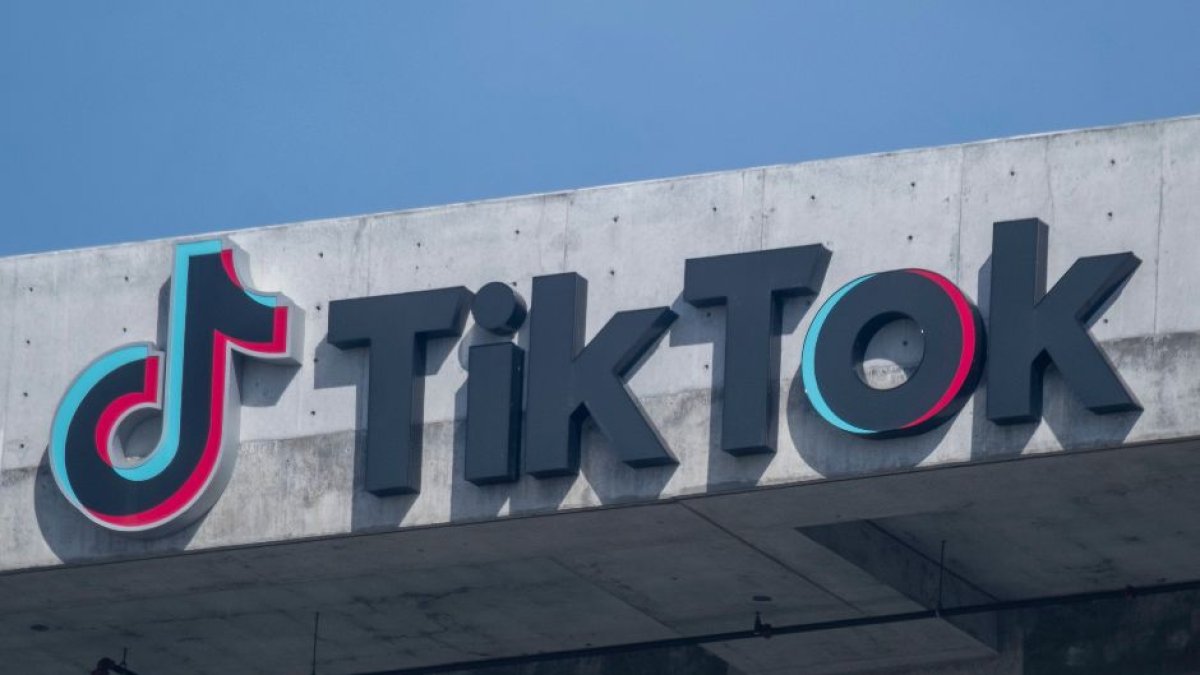
(ZUMAPRESS.com / Cordon Press)
TikTok launched a legal offensive against the Biden administration in response to a new law forcing ByteDance, the app's Chinese parent company, to sell its U.S. operations by January 19 or face a national ban. In a court brief filed this Thursday, TikTok's lawyers argued that this law is unconstitutional and a result of "political demagoguery," so it should be repealed.
TikTok and a group of eight content creators claim the law violates Americans' First Amendment right to free expression. "Never before has Congress silenced so much speech in a single act," the document states. It warns that the regulations establish a dangerous precedent that allows political authorities to attack a disfavored speech platform and force its sale or closure.
In its brief, the social media platform argued that the bipartisan law would isolate American users from videos created outside the country, creating an “experience detached from the rest of the global Internet,” similar to China's repressive Internet laws.
The company also disclosed internal documents from years of failed negotiations with the federal government for the first time, suggesting that the administration did not act in good faith. These documents include a roughly 100-page draft national security agreement, proposed in August 2022, that offered the government significant control over TikTok's operation in the United States, including the ability to shut down the app nationwide. However, the Biden administration reportedly rejected this offer, considering it insufficient to neutralize its concerns, without detailing the reasons.
TikTok stressed that a sale would be technically impossible within the one-year period set by the government, which would guarantee a ban. The company argued that a new buyer couldn't easily replicate the app, built on 2 billion lines of code by more than 4,000 engineers. Furthermore, the Chinese regime would likely block any sales, having added recommendation algorithms to its export control list.
In his statement, TikTok's chief operating officer, Adam Presser, emphasized the value of the platform's global connection. He noted that American users posted over 5 billion videos last year, receiving half their 13 billion views from foreign viewers.
This court showdown is one of TikTok's few opportunities to defend itself, as the law establishes the appeals court as “exclusive jurisdiction” for any challenge. TikTok filed hundreds of pages of supporting documents, including statements from experts defending the company.
Christopher Simkins, a former negotiator for the Committee on Foreign Investment in the United States (CFIUS), and Randal Milch, a law professor at New York University, argued that the law is a ban in disguise and that the forced sale option is illusory. Steven Weber, a professor at the University of California, Berkeley, said concerns about propaganda and data security are issues across the tech industry, not unique to TikTok.
Next steps in the litigation
Oral arguments in this high-profile fight will begin on September 16, just four months before the January 19 divestment deadline, with the possibility of the case reaching the Supreme Court.
Biden administration's arguments
For its part, the administration has argued that the law is essential to protect national security, citing fears that the Chinese regime could use TikTok to spread propaganda or spy on Americans.
Upholding the law could decimate a core news and entertainment platform used by 170 million people in the country while repealing it would undermine one of the few substantive tech laws passed by Congress in decades.
















